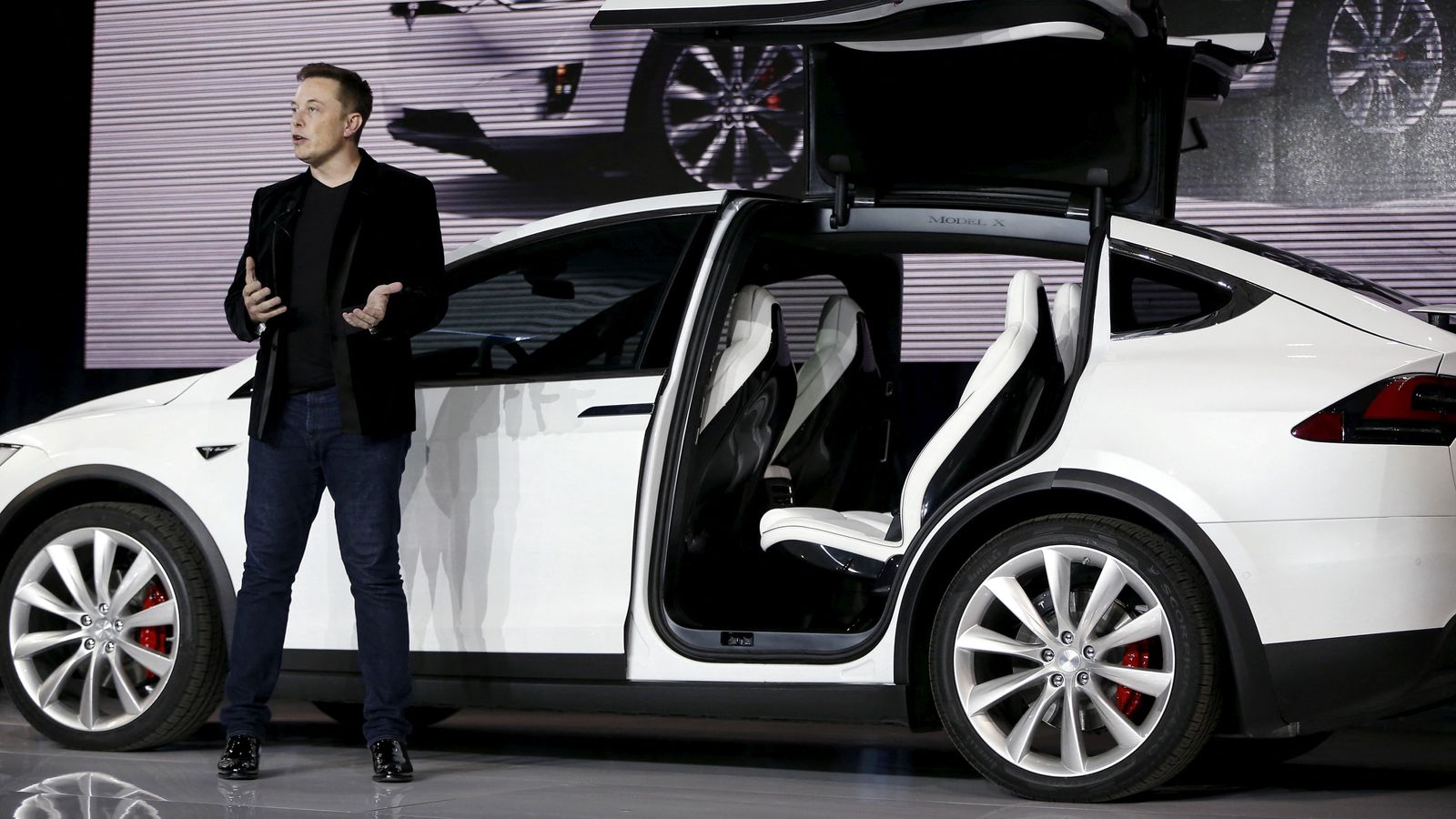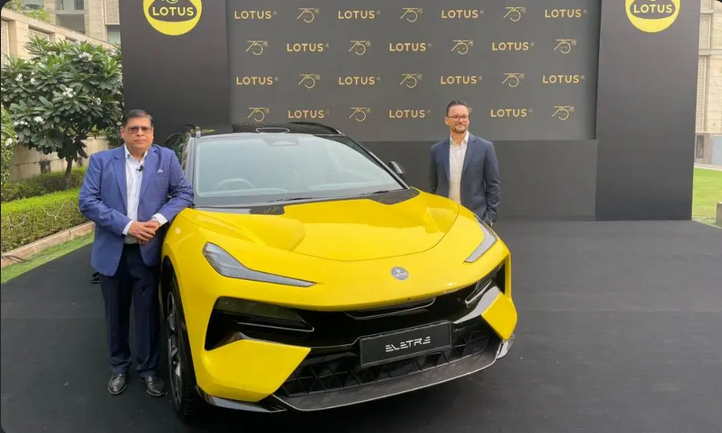In a bid to catalyze the entry of electric vehicle (EV) giant Tesla into the burgeoning Indian market, the Indian government is reportedly contemplating a substantial reduction in import tariffs for electric vehicles to 15%. This potential policy shift emerges against the backdrop of Tesla's persistent negotiations with Indian authorities regarding the official launch of its electric cars in the country.

Background:
Despite Tesla's fervent push to officially establish its presence in India, the government has maintained a firm stance on import duty reduction. The government's insistence on Tesla setting up a local manufacturing plant has added complexity to the negotiations, causing a slowdown in the development of Tesla's ambitious India business plans.
Key Developments:
Tariff Reduction Proposal: The Indian government is actively considering a significant slash in customs duty to 15% for all-electric vehicles. This move is strategically designed to entice Tesla to not only import its electric vehicles but potentially set up a manufacturing plant within the country.
Tesla's Import Concessions Request: Tesla has formally requested an initial import tariff concession from the Indian government. This plea aims to offset the steep customs duties, currently standing at 70% for completely built unit (CBU) cars valued at less than $40,000 and a staggering 100% for cars exceeding $40,000 in value.
Potential Impact on Electric Vehicle Market: If the proposed tariff reduction is implemented, it could serve as a catalyst for the wider adoption of electric vehicles in India. While the primary focus is on attracting Tesla, the revised policy would benefit all automakers importing electric vehicles through the CBU route.
Tesla's Global Manufacturing Strategy: Simultaneously, Tesla's global manufacturing strategy has seen a shift, with the company planning to produce its most affordable electric car ever at its German plant instead of initially intended for India. This budget-friendly Tesla EV, priced around $27,000, is set to be a more economical derivative of the Tesla Model 3 sedan.
Tesla's India Plans and Government Response: Reports suggest that Tesla executives have engaged with Indian government officials multiple times over the past year. While the government had initially resisted offering special concessions, the recent developments indicate a potential shift in policy, benefiting not only Tesla but also creating an opportunity for other EV manufacturers.
Conclusion:
As India navigates the evolving landscape of electric mobility, the potential reduction in import tariffs emerges as a crucial factor in attracting Tesla and fostering the growth of the electric vehicle market in the country. The outcome of these negotiations could have far-reaching implications, influencing not only Tesla's foray into India but also shaping the trajectory of electric vehicle adoption on a broader scale.
| Previous News | Next News |
 Lotus Arrives in India with Eletre SUV: Priced at Rs 2.55 Crore Lotus Arrives in India with Eletre SUV: Priced at Rs 2.55 Crore |
 Maruti Suzuki's eVX Electric SUV Spotted Testing in India: Launch Set for 2025
Maruti Suzuki's eVX Electric SUV Spotted Testing in India: Launch Set for 2025 |